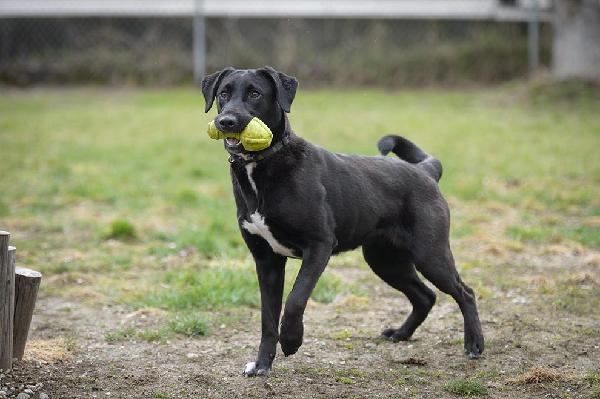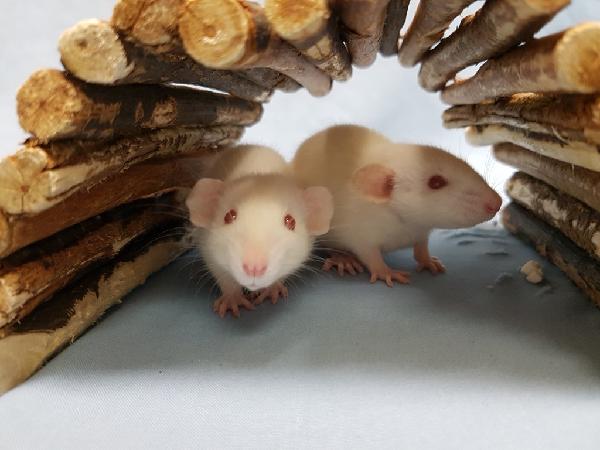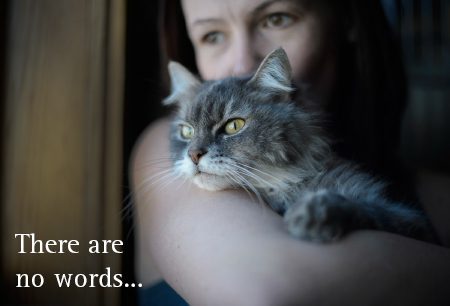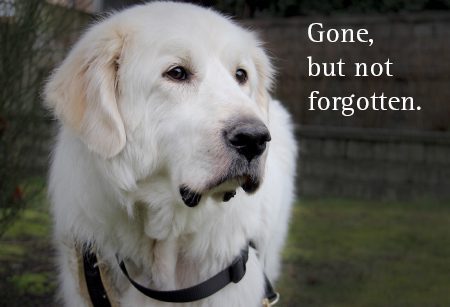The BC SPCA is opposed to any selective breeding practices that are likely to compromise the welfare of companion animals. In particular, the BC SPCA opposes selection for physical features or behaviours that directly or indirectly result in suffering. Such practices have the potential to affect multiple generations and thus large numbers of animals, and may impinge – with varying severity and duration – on their ability to experience the Five Freedoms. Moreover, animals with known detrimental genetic predispositions should not be bred.
The BC SPCA recognizes the value of the relationship between guardians and their companion animals, and believes these animals should have the best possible chance of experiencing good welfare throughout their lives. Accordingly, the BC SPCA believes that breeders of companion animals should prioritize health, temperament and quality of life, and avoid those practices that lead to poor physical and psychological welfare.
Approved by the Board of Directors – April 2011
Background
As a result of selective breeding, many companion animals experience unacceptably high levels of disability and disease. Examples include (but are not limited to):
- skeleton and joint disorders (e.g., dysplasia of hip joints or elbows; fractures; luxation of elbow or patella; persistent fontanella)
- trachea collapse
- disorders of the vertebral column
- breathing difficulties
- blockage of lachrymal ducts
- disposition to birth difficulties
- abnormal positions of legs, which can cause difficulties in movement and joint degeneration
- abnormal positions of teeth, which can cause difficulties in feeding and caring for young
- abnormal size and form of eyes or eyelids (e.g., ectropium; entropium; large, protruding eyes), which can cause irritation, inflammation and degeneration as well as prolapse of eyes
- very long ears, which can be disposed to injuries
- markedly folded skin, which can lead to eczemas and, in the case of furrows around the eyes, irritation and inflammation of eyes
Background updated – April 2011
Definitions
Companion animals: Domesticated animals who have been selectively bred to live and thrive in mutually beneficial relationships with humans and who are kept primarily for the purpose of companionship.
Five Freedoms: A concept first developed in 1965 by The Brambell Committee, formed by the UK government to examine the conditions on commercial farms. Now internationally recognized, the Five Freedoms are considered applicable to all animals.
The BC SPCA’s Five Freedoms (adapted from the original list) are:
- Freedom from hunger and thirst;
- Freedom from pain, injury and disease;
- Freedom from distress;
- Freedom from discomfort;
- Freedom to express behaviours that promote well-being.
The BC SPCA’s Five Freedoms form the basis of the Society’s Charter and describe conditions that must be fulfilled in order to prevent the suffering of all animals in human care. The Society acknowledges that these freedoms are not enforceable and that absolute provision of these freedoms may not be possible, but strongly encourages all animal guardians to strive to provide them.
Selective breeding: The act of choosing to breed certain animals in order to produce offspring with specific traits of value to humans.
Suffering: An enduring negative affective state. Suffering is associated with feelings such as pain, hunger, fear and anxiety. All sentient beings are capable of suffering.





